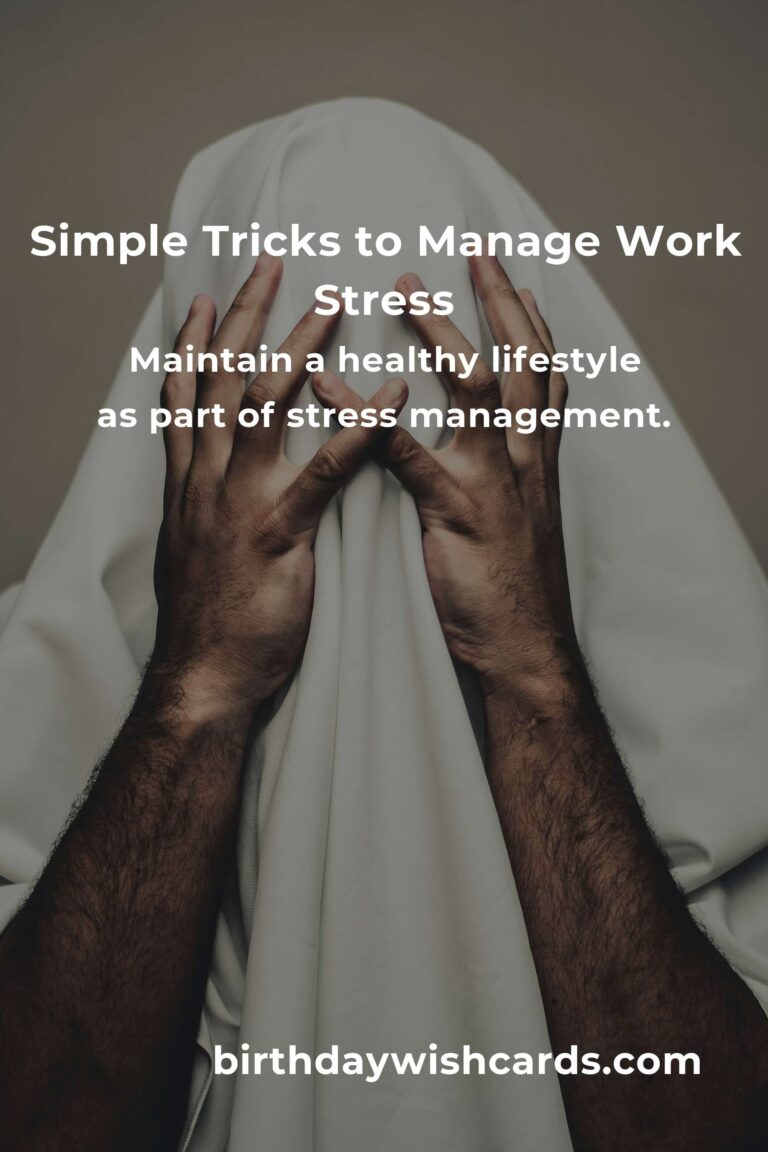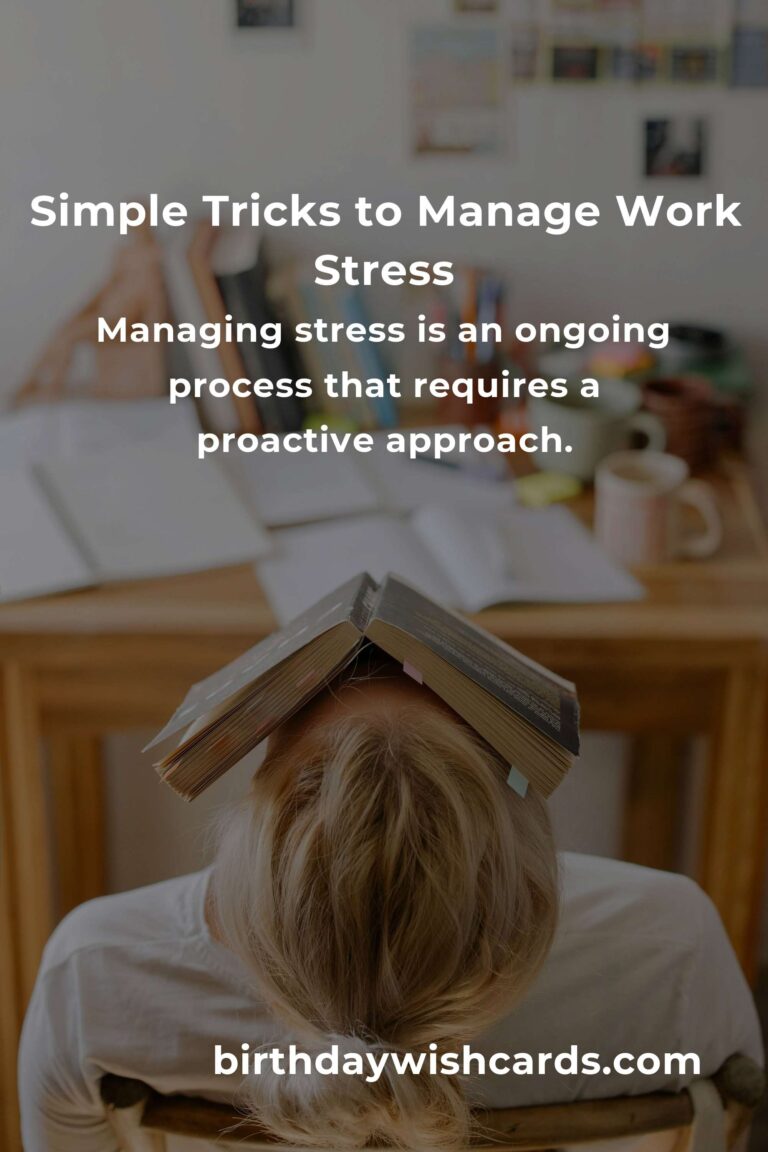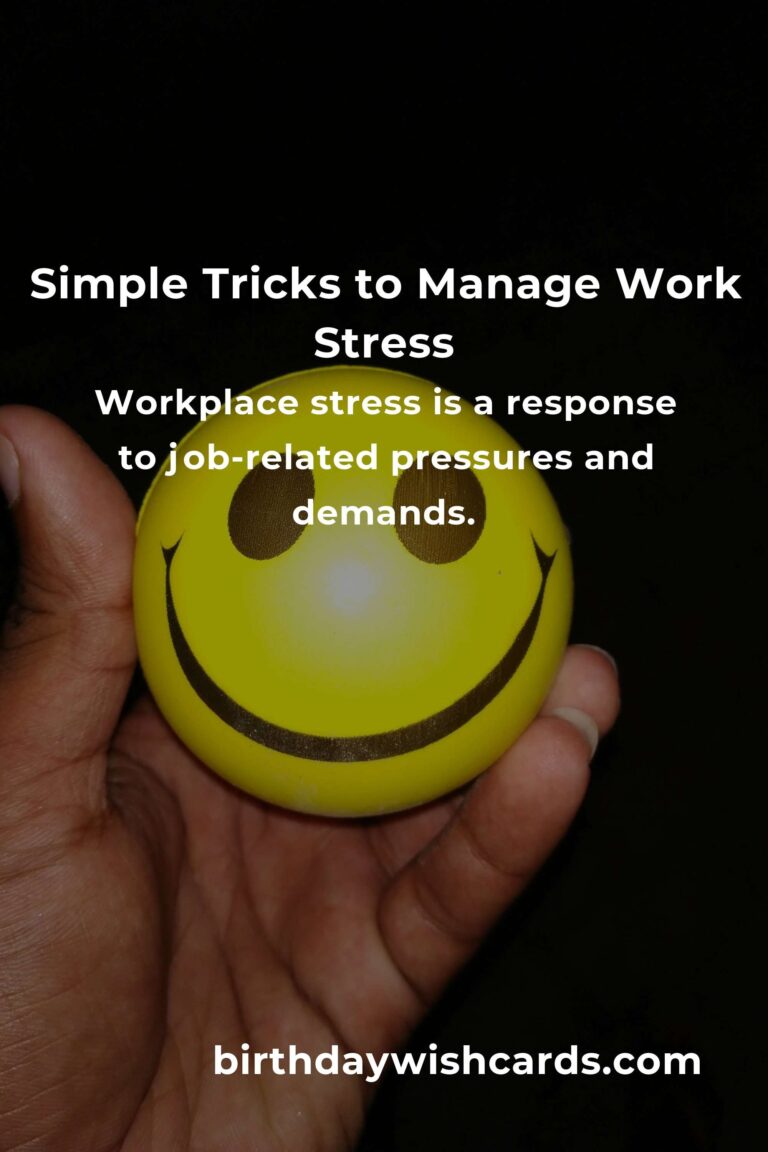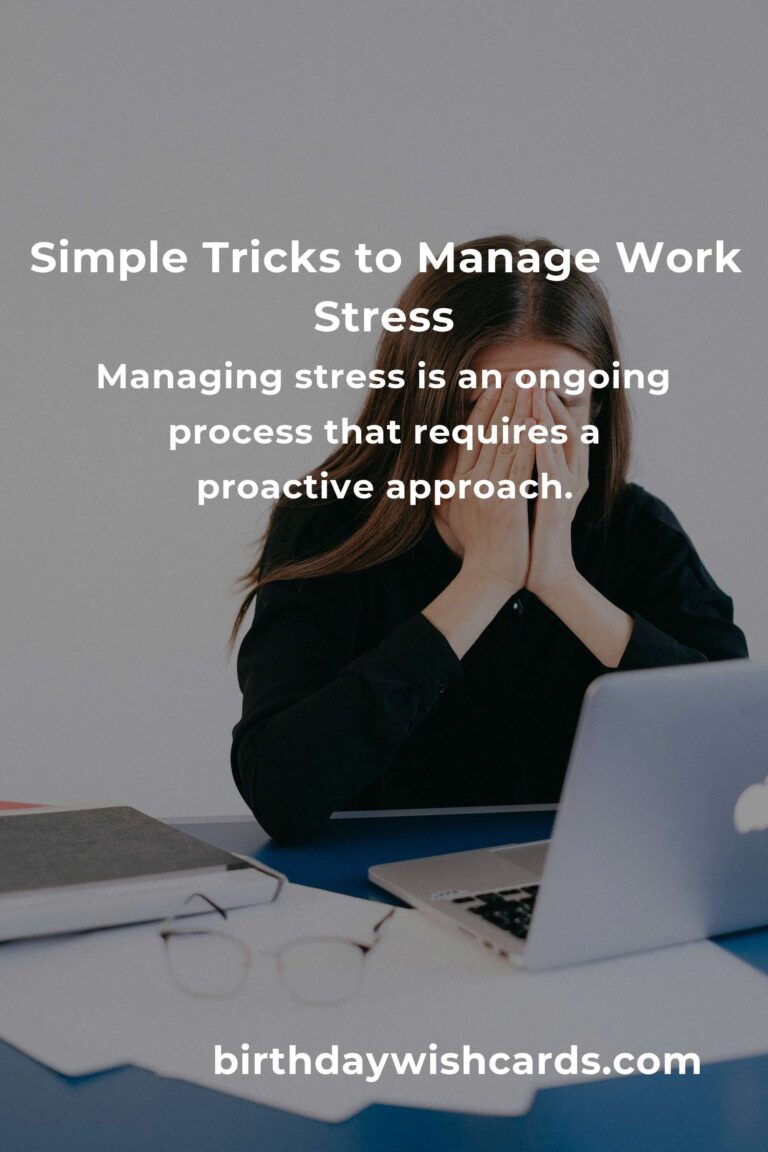
Stress at work is a common issue that affects many professionals. Whether you’re dealing with tight deadlines, demanding clients, or the constant pressure to perform, learning how to manage stress effectively is crucial for maintaining both your mental and physical health.
Understanding Workplace Stress
Workplace stress is a response to job-related pressures and demands that are not matched to a person’s knowledge, skills, or abilities, challenging their ability to cope. It’s important to recognize the signs of stress early on to prevent it from escalating into more serious health issues.
Identify the Sources of Stress
Before you can manage stress at work, you need to identify what is causing it. Common sources include excessive workloads, lack of control over job-related decisions, poor work-life balance, and interpersonal conflicts. By pinpointing the root causes, you can begin to address them directly.
Effective Strategies to Manage Stress
Once you’ve identified the sources of your stress, it’s time to implement strategies to manage it. Here are some simple yet effective techniques:
1. Prioritize and Organize
Start by prioritizing your tasks. Make a list of what needs to be done and tackle the most important tasks first. Use tools like calendars and to-do lists to keep yourself organized and on track.
2. Take Regular Breaks
Don’t underestimate the power of a short break. Regular intervals away from your desk can help clear your mind and improve focus. Try techniques like the Pomodoro Technique, which involves working for 25 minutes followed by a 5-minute break.
3. Practice Mindfulness and Relaxation Techniques
Mindfulness and relaxation techniques such as deep breathing, meditation, and yoga can help reduce stress. Spend a few minutes each day practicing these techniques to maintain a calm and focused mind.
4. Communicate Effectively
Good communication with your colleagues and supervisors can help alleviate stress. Don’t hesitate to discuss workload concerns or seek clarification on tasks if needed.
5. Maintain a Healthy Lifestyle
A healthy lifestyle is a crucial component of stress management. Ensure you’re getting enough sleep, eating a balanced diet, and exercising regularly. Physical activity, in particular, is a great stress reliever.
Long-term Solutions
For long-term stress management, consider developing a support network, learning new skills to increase your confidence at work, and seeking professional help if necessary. Remember, managing stress is an ongoing process, and it’s important to find what works best for you.
Conclusion
Managing stress at work requires a proactive approach and a willingness to make changes in your daily routine. By understanding the sources of your stress and implementing these simple tricks, you can create a healthier, more productive work environment.
Stress at work is a common issue that affects many professionals. Workplace stress is a response to job-related pressures and demands. Identify the sources of stress to address them directly. Prioritize tasks and organize your workload to manage stress. Take regular breaks to clear your mind and improve focus. Practice mindfulness and relaxation techniques to reduce stress. Good communication can help alleviate stress at work. Maintain a healthy lifestyle as part of stress management. Managing stress is an ongoing process that requires a proactive approach.
#StressManagement #WorkplaceWellbeing #Mindfulness













